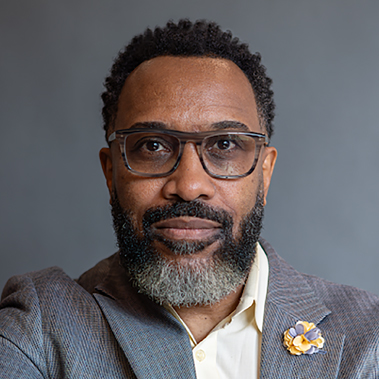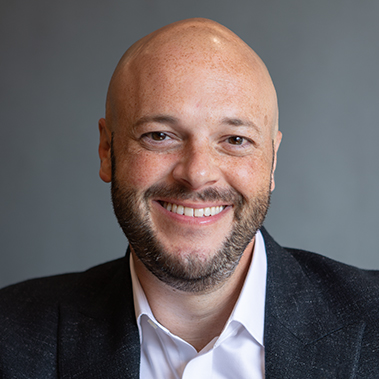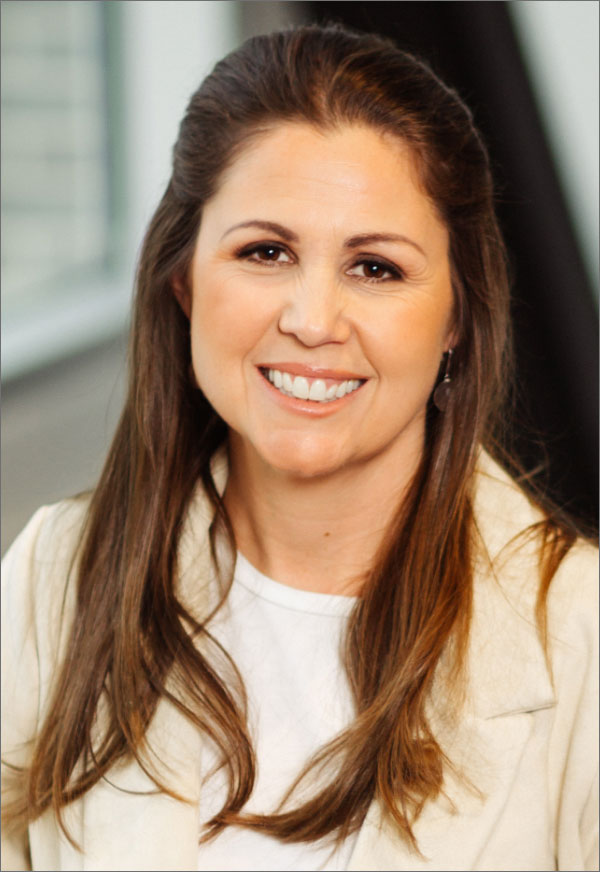
With the new year fast approaching, you’ve probably set work and leadership goals for the year ahead: get that promotion, grow sales by 20%, or mentor that new hire that has tremendous potential. You may even be thinking ahead to New Year’s resolutions like losing 10 pounds or going to the gym three times a week or finally learning French.
But professional development – improving yourself at work beyond meeting your specific performance goals – is too often left to the mundane box-checking of yearly performance reviews – if you are lucky enough to even get that. To successfully move to the next level, we need to ask ourselves: How can I ensure I’m more valuable at the end of the year than I was at the beginning?
Psychological Principle
Professional growth has to be intentional, and it should be part of your company’s culture. If it isn’t, don’t freak out – you can still prioritize it within yourself and your team. Regardless of the types of professional growth opportunities utilized, you as a leader must engage in a planned and intentional process in selecting training and growth opportunities rather than reacting based on convenience or comfort level alone. In fact, if you are comfortable in your professional position and feel like you know “it all” or “enough to get by,” well, that is a clear indication that you need to grow. Complacency will kill your career.
Yet, there is a downside unless you have a smart mindset about growth. One study found that people who had positive fantasies about their future lives tend to have more negative life outcomes, perhaps because fantasizing often means downplaying the hard work that actually goes into success and can discourage people from working to make their dreams come true. What does this mean? You have to be realistic and push past a perfectionistic view on personal and professional growth. Research has also shown that trying too hard to be happy can backfire, since you’re more likely to get hung up on negative emotions when they inevitably surface. But does that mean you shouldn’t make a change if you see room for improvement? Absolutely not. This means that you have to be smart about your mindset and actions around growth.
So why do we hate doing things that help us grow? Psychology has a term for this: psychological reactance. It is our brain’s response to a threat to our freedom. When people feel that their choices are restricted, or that others are telling them what to do, they sometimes rebel and do the opposite. In terms of self-improvement, your freedom is threatened when you are limited to its conventions. In other words, achieving self-improvement requires adhering to a set of rules. One study found that telling participants that “they are free to decide for themselves what is good for them” was able to reduce psychological reactance.
Therefore, to overcome psychological reactance, you must first understand the concept of human agency. Sociology refers to agency as the thoughts and actions taken by people that express their power. Sociology dictates that everyone can act and decide on their own, while also being made fully aware of the consequences of their actions. You get your power by making your own informed choices. It is ultimately up to you to decide whether you will take on the task for the sake of self-improvement.

Mindset Shift
- Let go of perfectionism – In January, so many people say, “I am going to the gym 5 days a week!” and “I am going to make partner this year!” Don’t set yourself up for failure. Have that “North Star” goal that is smart – specific, measurable, attainable, relevant and time-based. Also, the journey won’t be straight and smooth – get ready for some bumps in the ride!
- Pick a few areas to grow in at a time – Don’t boil the ocean and try to grow in every area of personal and professional development at once. Depending on the phase of your career, you may want to prioritize one more than the others. Not sure what to focus on this year? Ask yourself these 3 questions:
- Do I need to grow in my learning? Do I need to read more?
- Do I need to grow in my connections with others? Does my team need a better bond?
- Do I need to grow with creativity? Do I and my team need more innovation?
Embrace a GROW Mindset – First, you need to get your mindset right. Without a mindset focused on growing, your actions will never follow.
G – Goal-Oriented
R – Results-Driven
O – Others First
W – Willingness to Learn & Change
Mindset Shift
- Break goals into smaller chunks – Science says that there’s no harm in striving for self-improvement, as long as people act on a realistic, specific plan for that change. There’s a reason experts advise breaking goals into smaller chunks; research shows that making a concrete plan of action and understanding how to reach a larger goal and overcome obstacles can help you achieve results.
- Have fun when you and your team fail – A “complacency culture” is often a result of people being afraid of failure. If your team and/or company culture allows for failure, wild ideas, and celebrates when “outside-the-box” ideas are brought to the table it can help ward off complacency. Start with your team – at staff meetings, share how you have failed and encourage others to open up!
- Encourage growth with your team – Make fun training sessions a priority in your work culture.
If you want to learn more about our GROW mindset for yourself and your team, reach out to us!
Author; Betsy Moore, Industrial/Organizational Psychology Consultant and Health Coach













